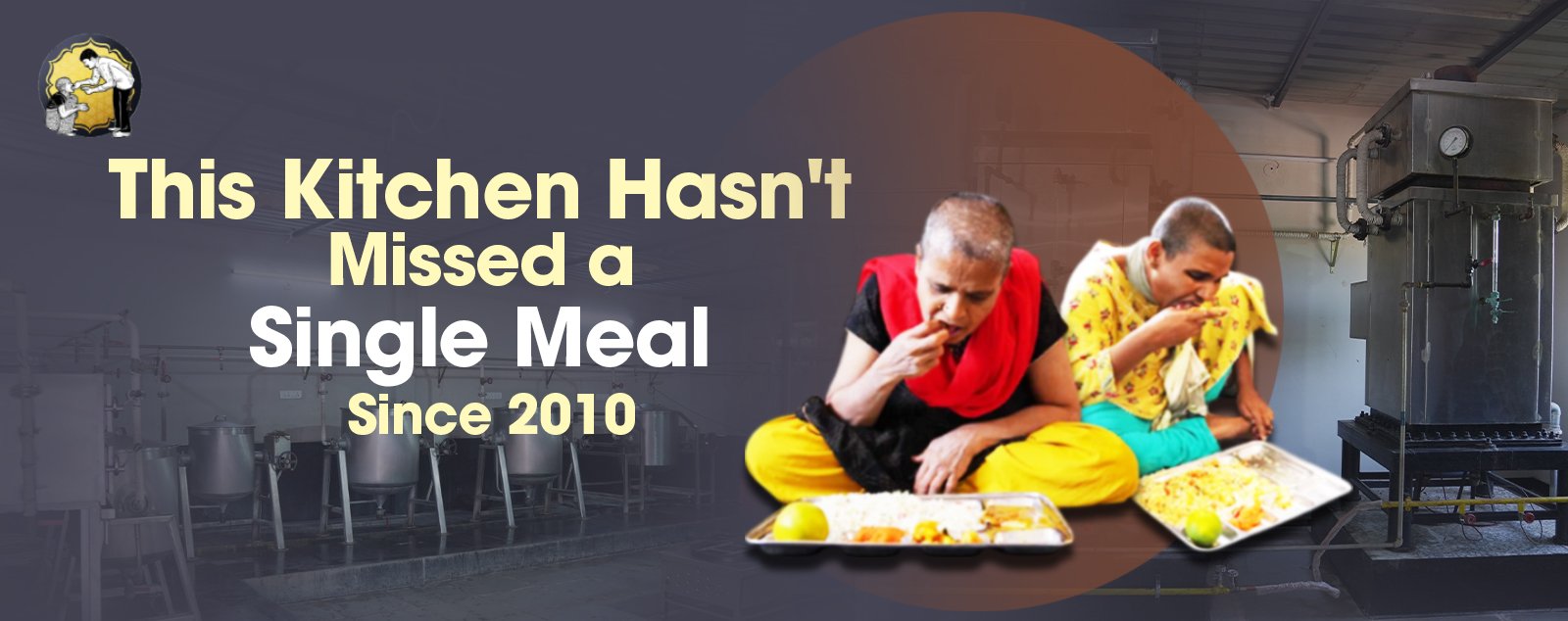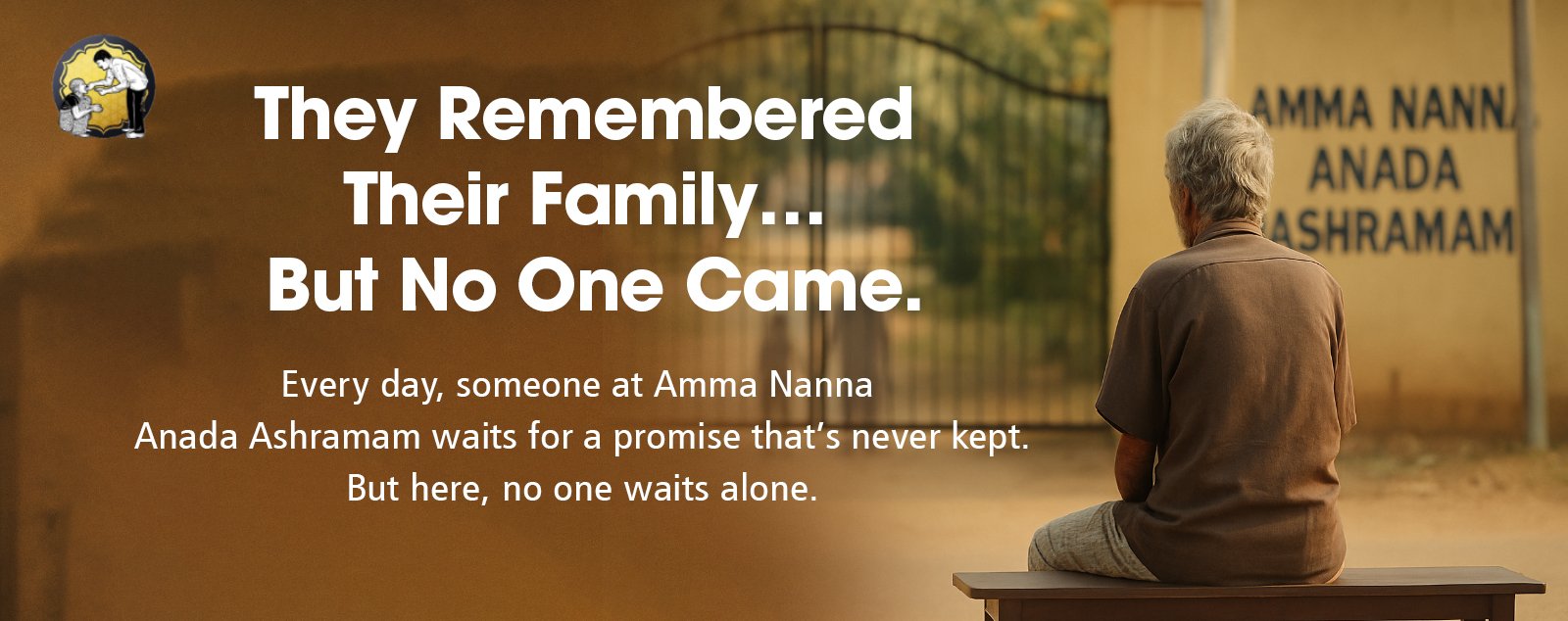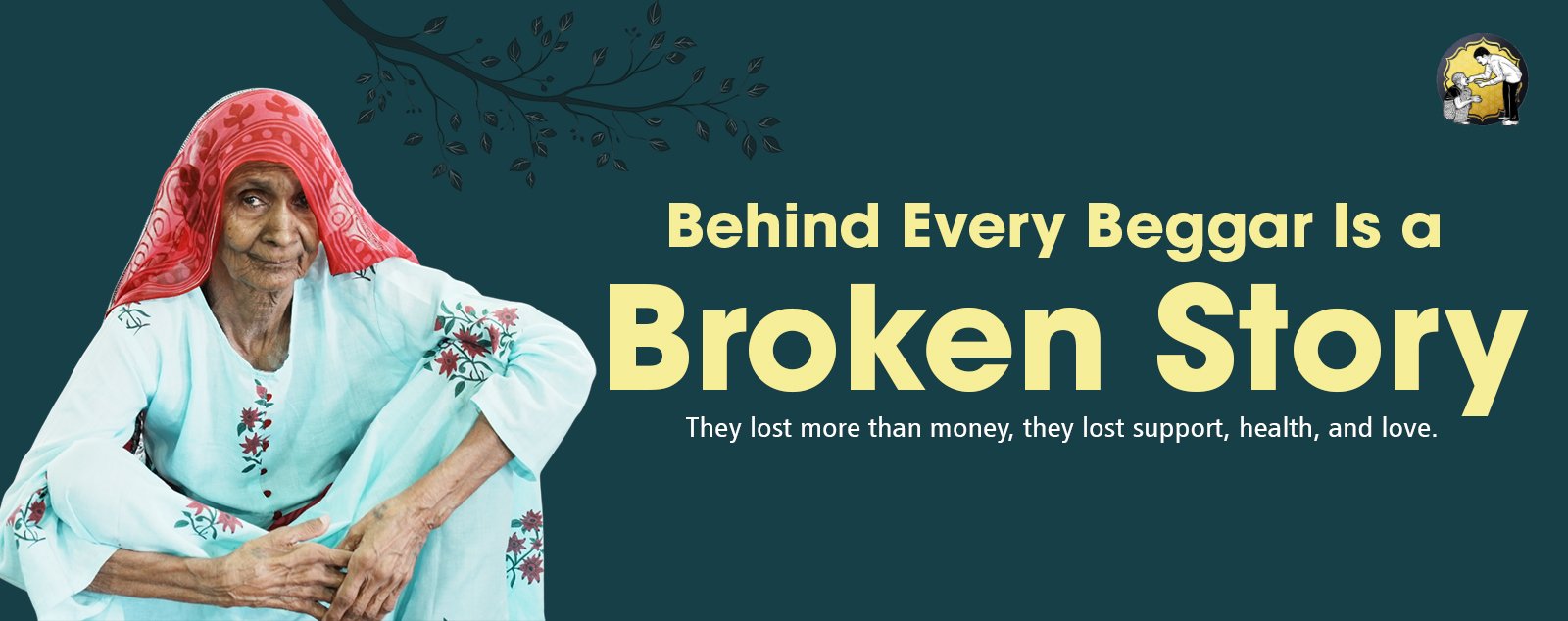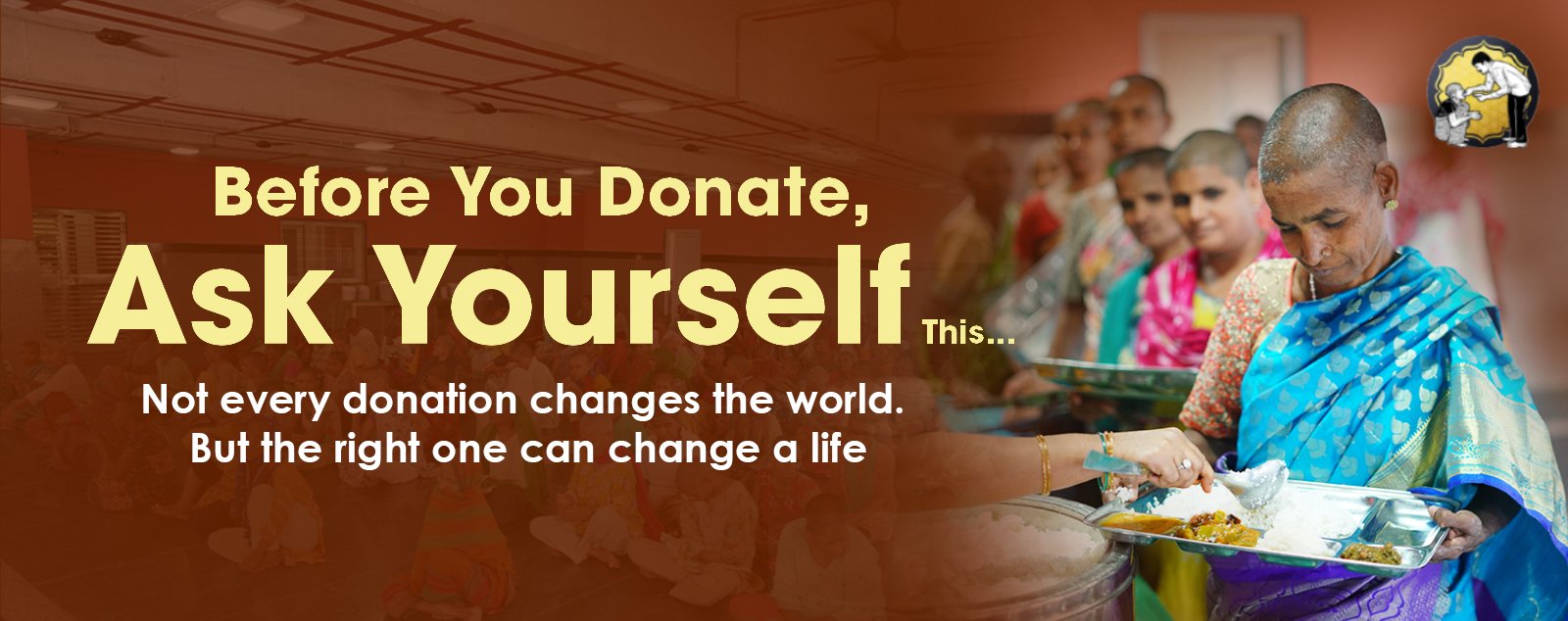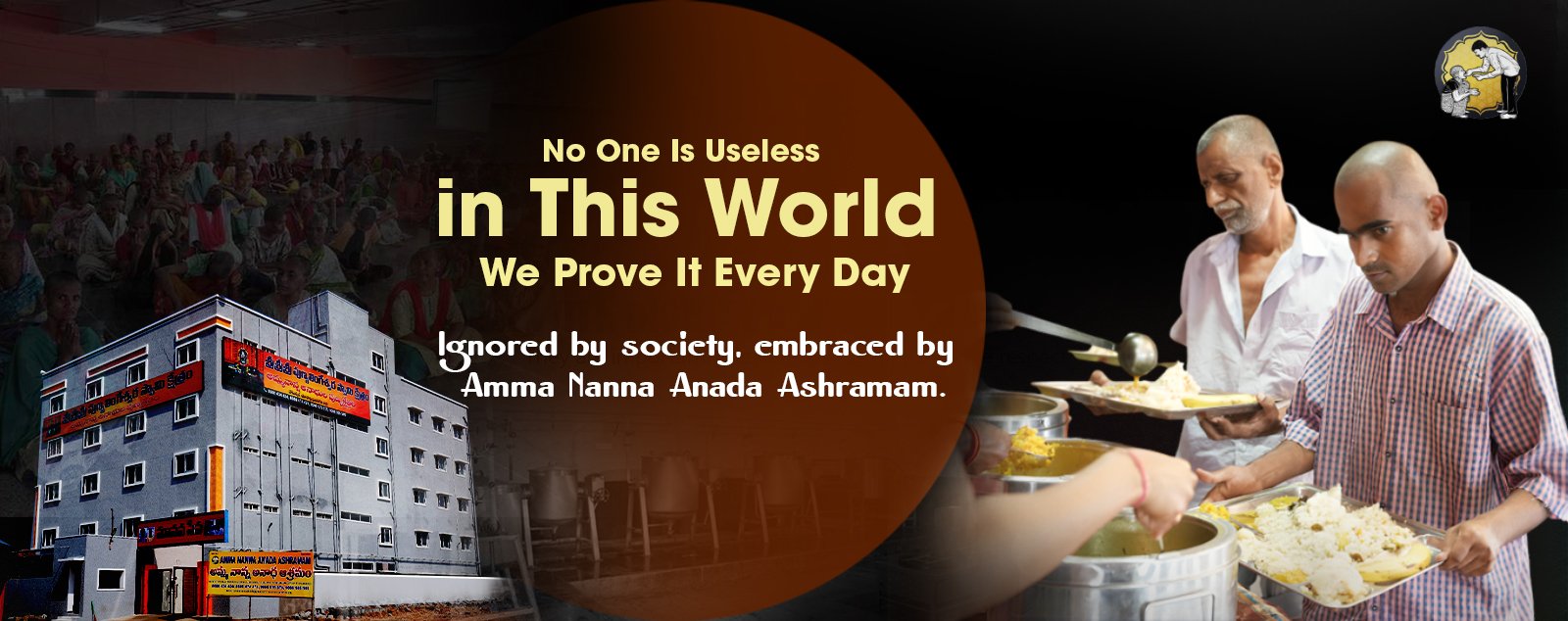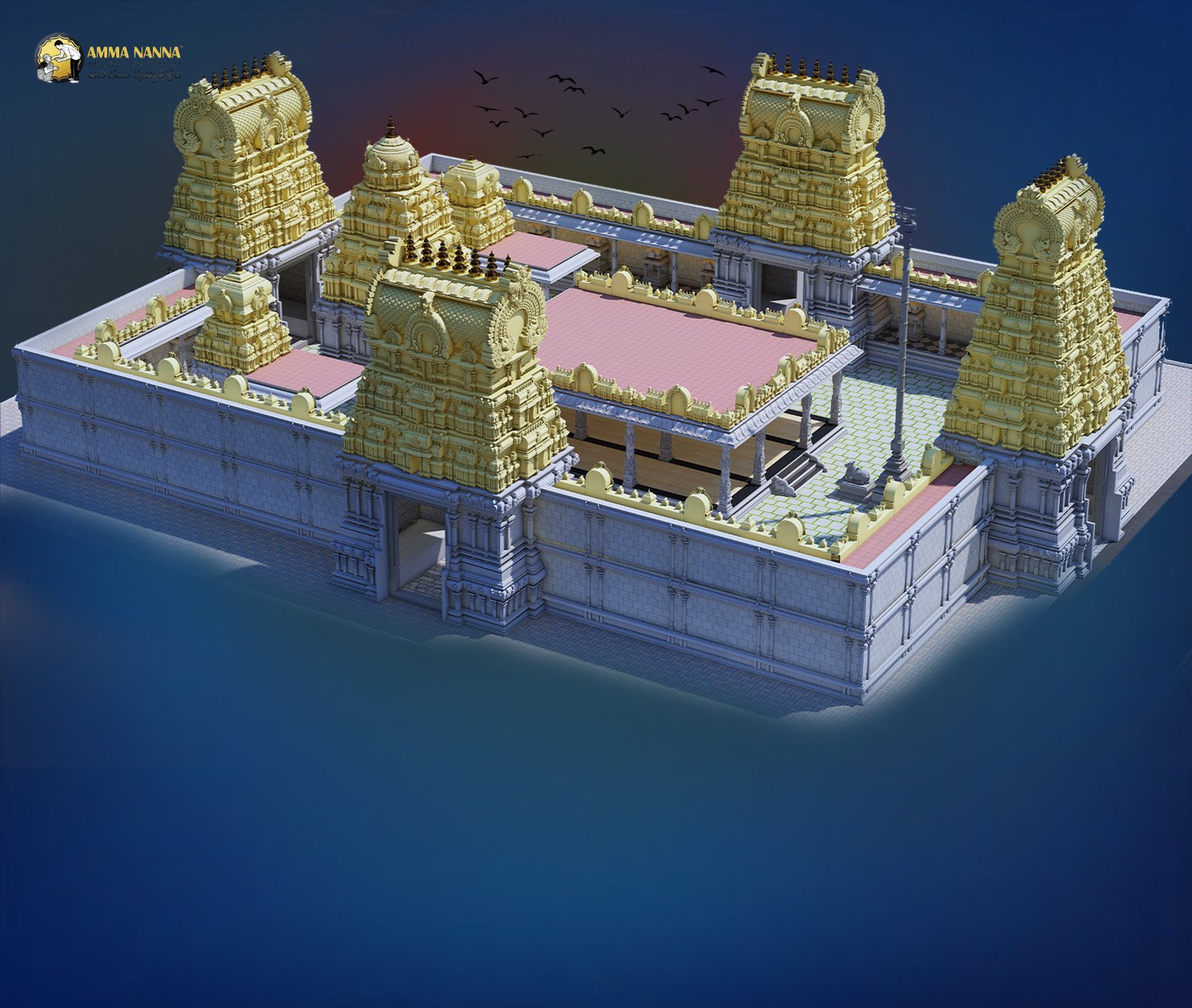- News
- News Blog
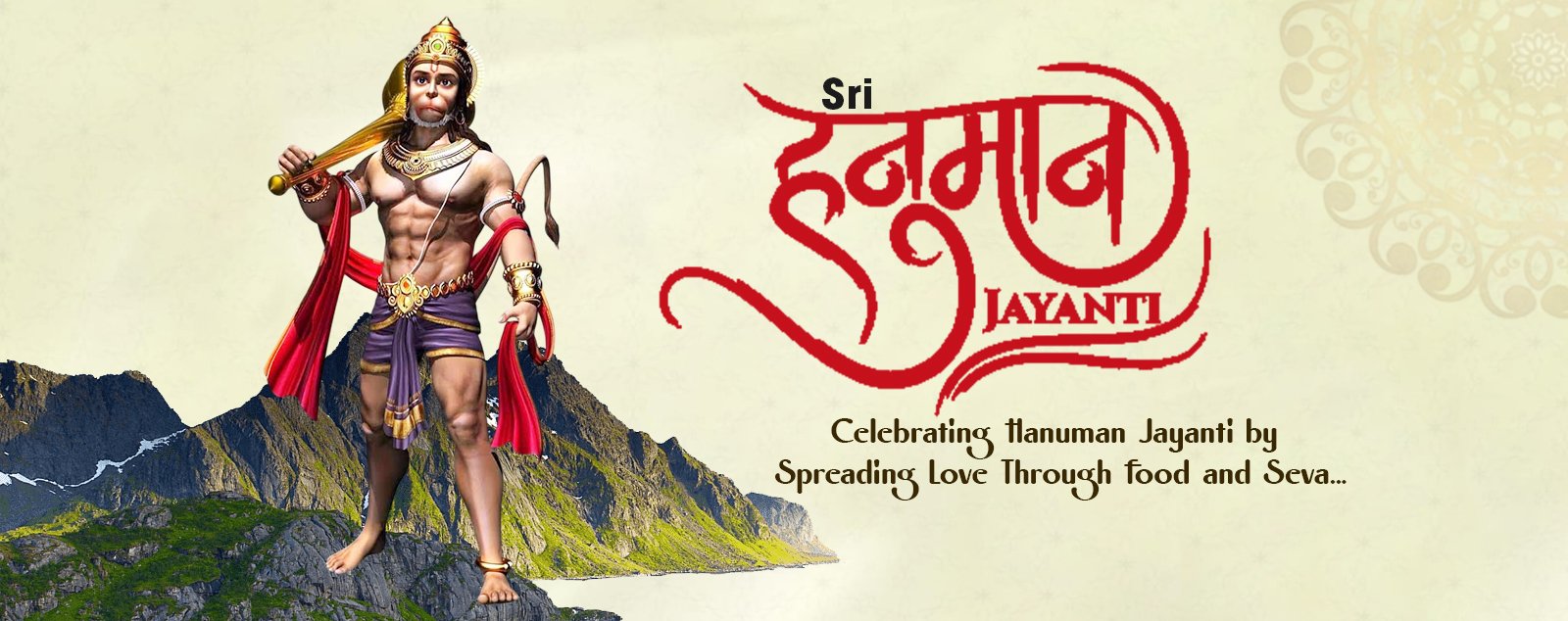
Feeding the Needy on Hanuman Jayanti
Celebrating Hanuman Jayanti by Spreading Love Through Food and Seva.
A Glimpse into History: The Birth of a Divine Servant
Hanuman Jayanti is an auspicious Hindu festival that celebrates the birth of Lord Hanuman, the divine vanara (monkey god) known for his unwavering devotion to Lord Rama. According to ancient scriptures like the Ramayana and Mahabharata, Hanuman was born during the Chaitra Purnima (full moon day of the Hindu month of Chaitra), to Anjana and Kesari, with the blessings of Vayu Deva (the wind god).
His life, filled with courage, devotion, and unmatched strength, has been admired for thousands of years. Hanuman was not only a mighty warrior but also a humble and devoted servant of dharma, always placing others before himself.
Why Do We Celebrate Hanuman Jayanti?
The celebration of Hanuman Jayanti is rooted in the values he stood for—selfless service, spiritual devotion, physical strength, and mental discipline. He is believed to be a Chiranjeevi (immortal), still present in the world to bless the devoted.
People worship Hanuman for protection from evil, success in challenges, and spiritual growth. By honoring his birth, devotees seek to bring his qualities into their lives—courage in fear, focus in chaos, and compassion in a harsh world.
Traditional Celebrations Across India
In various regions of India, Hanuman Jayanti is celebrated in unique ways. Temples are adorned with flowers and garlands, and priests perform special rituals, including the recitation of the Hanuman Chalisa, Sundarakanda, and Vedic chants. Devotees apply vermillion (sindoor) to Hanuman idols, symbolizing energy and strength.
Fasting, prayer, reading of scriptures, and participating in bhajans (devotional songs) are common practices. Many people also engage in acts of charity, which is considered a direct form of worship on this day.
Also Read: Why Orphans Deserve Quality Medical Care?
Feeding the Needy – A Living Tribute to Hanuman’s Spirit
One of the most profound ways to celebrate Hanuman Jayanti is through annadanam—the sacred act of food donation. Hanuman was a protector of the helpless and a tireless servant of good. In that same spirit, many communities observe this day by providing meals to the poor, the hungry, and the orphaned.
This year, hundreds of needy individuals—including mentally challenged orphans—were served freshly prepared, wholesome meals. Such an offering is not merely a gesture of kindness—it is a true act of bhakti (devotion). Every plate of food served becomes a symbol of compassion and service, values that Lord Hanuman embodied throughout his divine life.
A Modern Reflection of an Ancient Ideal
As time changes, so do our ways of celebration. But the heart of Hanuman Jayanti remains the same: honoring strength, humility, and service. Feeding the needy is one of the most meaningful and impactful ways to keep that tradition alive.
In remembering Hanuman today, we remember not just a mythological figure, but a timeless guide—one who reminds us to use our strength for the good of others, and our faith to uplift those in need.
